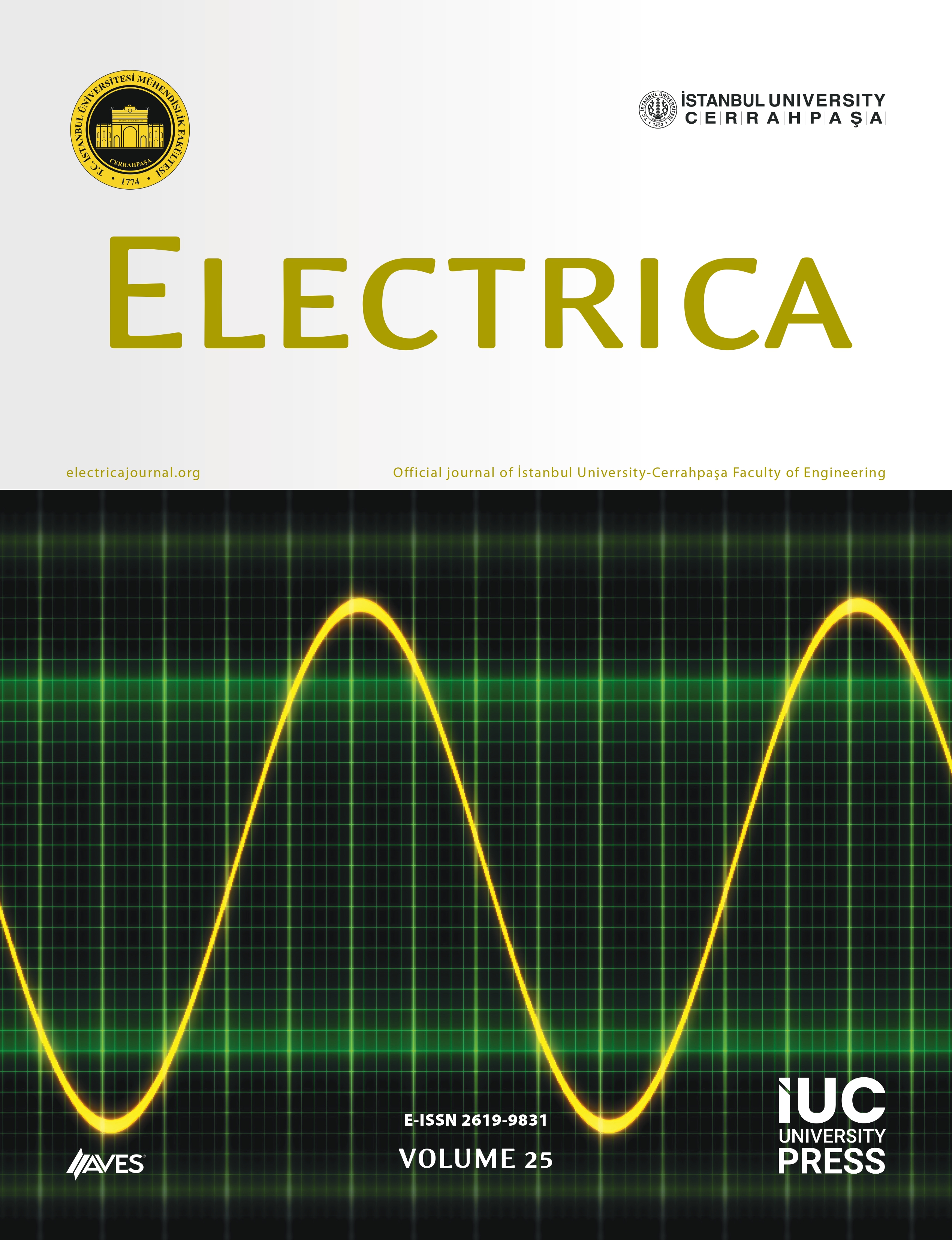The propo rtion al-in tegra l-der ivati ve (PID) controller is the most extensively used methodology in industrial control systems among control loop feedback mechanisms. The calculation of PID controller gains (KP,KD,KI) is the traditional PID controller synthesis. In order to construct a robust stability system, the parameter space technique is elected to determine all of the PID’s parameters. In fact, the results of the parameter space approach are ranges of PID gains (KP,KD,KI). The Big Bang–Big Crunch optimization algorithm is proposed here to optimize a time domain fitness function in the design of the PID control, ultimately avoiding PID parameters that do not fulfill the performance index function. The optimization approach is presented in this work via a specific performance index function that is inversely proportional to a dynamical system’s time-domain step response criteria. The feasibility of the proposed graphic method for achieving robust stability for magnetic levitation systems has been illustrated using MATLAB simulations.
Cite this article as: M. Almobaied, H. S. Al-Nahhal and K. B. Issa, "Robust-proportional-integral-derivative controller design for magnetic levitation system using big bang–big crunch algorithm," Electrica, 23(2), 270-280, 2023.



.png)

.png)